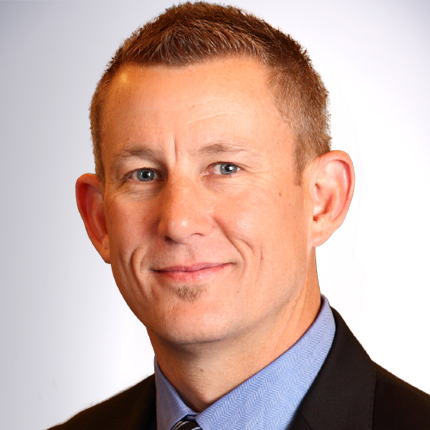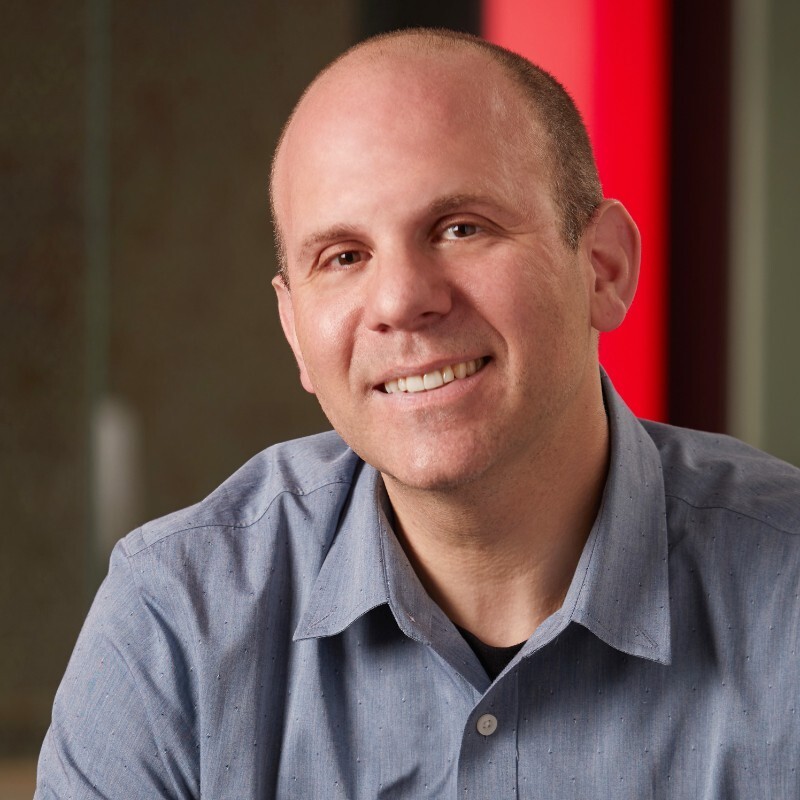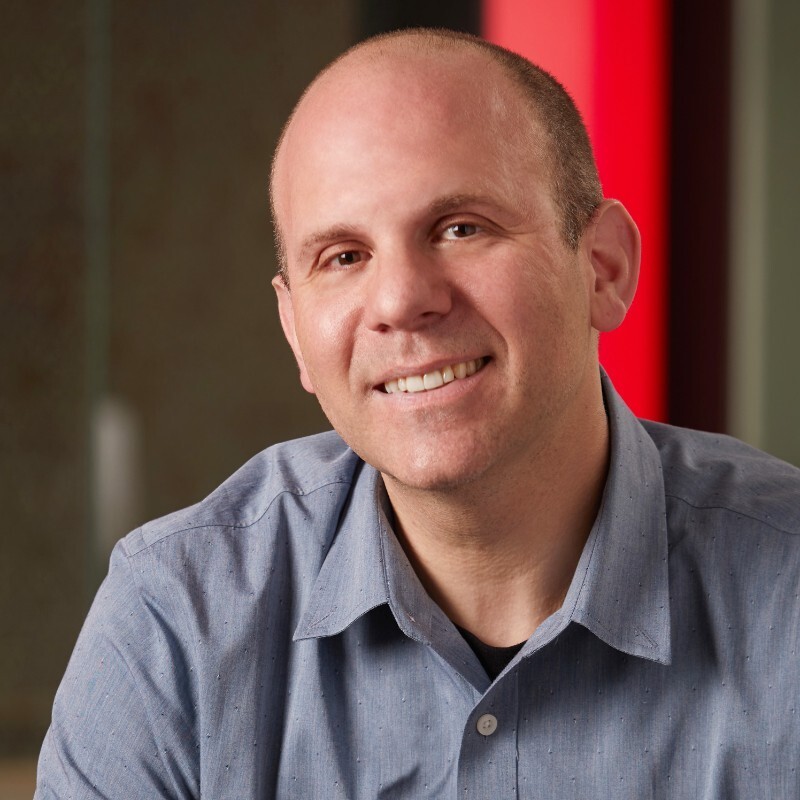Generative AI has been a massive buzzword across every industry since the release of ChatGPT a mere 17 months ago. Organizations are rushing to develop a wide range of applications for the technology, hoping to transform their businesses and how they serve their customers ahead of their competitors. In MedTech, there’s been significant efforts to apply generative AI to different parts of the industry. However, the discussion on the role of generative AI inside medical devices has been more measured. There are questions as to how this nascent technology would fit under the design controls of ISO 13485 and IEC 62304.
The emerging consensus among Orthogonal and many of our colleagues in the Software as a Medical Device (SaMD) space is that, barring very specific use cases, generative AI is unlikely to be a core component of medical devices anytime soon. This relatively new technology is still too immature and unpredictable to meet the device industry’s benchmarks for safety and effectiveness. However, like other technologies over the last 100+ years, we expect that generative AI will eventually work its way into the functioning of medical devices.
What will it take for generative AI to become a tool in the toolbox of medical device manufacturers, and what does the history of MedTech teach us about how this might happen?
Join us on May 21st, 2024 at 11 AM CDT as we discuss possible roadmaps for including generative AI inside medical devices. We’ll take a look at how the MedTech industry has incorporated other new technologies into medical devices, as well as the specific aspects of generative AI that pose new and interesting challenges to this adoption.
You’ll leave this webinar with:
- A basic knowledge of past instances of incorporating new technologies into medical devices.
- A broad overview of the challenges, regulatory implications and opportunities associated with using generative AI under design controls.
- A framework for analyzing how generative AI might become a part of the medical devices being developed now.
Speakers


Clay Anselmo, Principal Quality and Regulatory Consultant, Shriner & Associates
Clay is an internationally recognized regulatory compliance expert with an unmatched track record in resolving pre- and post-market quality and regulatory compliance issues. Clay has provided strategic input and direction and led complex quality-related projects for hundreds of medical device companies facing regulatory enforcement. Clay regularly provides strategic consulting on complex quality and regulatory matters including quality system development, remediation, regulatory submissions and clinical studies. In addition to his duties at Shriner & Associates, Clay currently provides strategic direction as a board member to a number of life sciences companies across the globe.


Bernhard Kappe, CEO and Founder, Orthogonal
Bernhard Kappe is the Founder and CEO of Orthogonal. For over a decade, Bernhard has provided thought leadership and innovation in the fields of Software as a Medical Device (SaMD), Digital Therapeutics (DTx) and connected medical device systems. As a leader in the MedTech industry, Bernhard has a passion for launching successful medical device software that makes a difference for providers and patients, as well as helping companies deliver more from their innovation pipelines. He’s the author of the eBook Agile in an FDA Regulated Environment and a co-author of the AAMI Consensus Report on cloud computing for medical devices. Bernhard was the founder of the Chicago Product Management Association (ChiPMA) and the Chicago Lean Startup Challenge. He earned a Bachelor’s and Masters in Mathematics from the University of Pennsylvania, and a Bachelor’s of Science and Economics from the Wharton School of Business.
Moderator

Randy Horton, Chief Solutions Officer, Orthogonal
Randy Horton is Chief Solutions Officer at Orthogonal, a software consulting firm that improves patient outcomes faster by helping MedTech firms accelerate their development pipelines for Software as a Medical Device (SaMD), digital therapeutics (DTx) and connected medical device systems. Orthogonal makes that acceleration happen by fusing modern software engineering and product management tools and techniques (e.g., Agile, Lean Startup, User-Centered Design and Systems Thinking) with the regulated focus on device safety and effectiveness that is at the heart of MedTech.
Horton serves as Co-Chair for AAMI’s Cloud Computing Working Group, as well as AAMI CR:510(2021) and the in-process Technical Information Report #115, all of which address how to safely move medical device computing functions into the cloud. He is a frequent speaker at conferences and webinars, including events hosted by AdvaMed, AAMI, HLTH, RAPS and the Human Factors and Ergonomics Society (HFES).
- SEO Powered Content & PR Distribution. Get Amplified Today.
- PlatoData.Network Vertical Generative Ai. Empower Yourself. Access Here.
- PlatoAiStream. Web3 Intelligence. Knowledge Amplified. Access Here.
- PlatoESG. Carbon, CleanTech, Energy, Environment, Solar, Waste Management. Access Here.
- PlatoHealth. Biotech and Clinical Trials Intelligence. Access Here.
- Source: https://orthogonal.io/insights/ai-machine-learning/roadmap-for-generative-ai-in-medical-devices-webinar/

